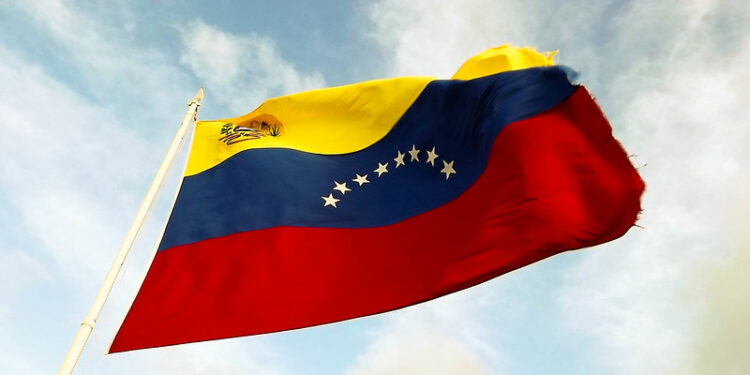In 2024, crypto will play a growing role in Venezuela’s remittance market, offering an alternative to traditional banks and unlicensed money transfers as citizens use it to hedge against inflation.

Venezuela was a hotspot for everyday crypto utilization as a hedge against inflation. Remittances from abroad are one of the primary applications of cryptocurrency in the country in 2024.
Banks and the aggregate effect of unlicensed money transfers are the primary competitors in the country’s remittance market, where crypto has a small but increasing share.
Chainalysis indicates that data from retail wallets is transmitted to the country, with crypto comprising up to 9% of all remittances..
Over the past decade, the Venezuelan bolivar has experienced a decline in value of over 93% in relation to the US dollar. Venezuela has adopted cryptocurrency as a means of storing value and avoiding riskier and more expensive remittance options, in addition to global inflation.
In the past few years, Venezuelan remittances have been estimated to have contributed between 3 and 6% of the country’s GDP, which is consistent with other developing countries in the region.
Remittances to Latin America experienced a significant increase in the post-pandemic years, with the highest growth occurring in 2021. Personal remittances comprise only a small percentage. The World Bank observes that remittances are even more significant than foreign direct investments in Latin America.
Remittances Surged Due to Migration and the Economic Crisis
Up from $4.2 billion in 2022, Venezuela received a total of $5.4 billion in remittances in 2023. The funds are accessible to approximately 29% of Venezuelan citizens, or up to 2.5 million households.
The USA is the source of approximately 38% of the inflows, which are a direct consequence of the increasing migration. The remittances profile has also been influenced by the migration trend, as evidenced by the increase in inflows from Mexico.
Venezuela was a significant source of immigration to the United States, and the expanding diaspora is evident in both cash and crypto remittances. Between 2021 and 2023, Venezuelan migration experienced a significant increase, with an estimated 7% of the population residing abroad.
The relatively steep fees are one of the most significant challenges for cash remittances. Certain remittance channels are unregulated and untraceable, frequently incorporating exploitative pricing.
On average, global remittances incur fees of 6.35%, regardless of the amount, even if it is as low as $200. The cost of remittances is contingent upon the digital and banking infrastructure, and prices are decreasing gradually. Additionally, MoneyGram remittances necessitate fees of up to 7%.
In contrast, digital assets have a significantly simpler infrastructure, necessitating occasionally only a consumer-side wallet.
Venezuela has acquired the necessary tools to utilize cryptocurrency for commonplace expenditures, as evidenced by the increasing inflow of digital assets. However, the exchange of cryptocurrency for fiat may pose a challenge.
One of the largest early producers of Litecoin and Dogecoin, Venezuela has been one of the early adopters of crypto assets. The low fees of the two currencies, particularly DOGE, continue to make them a popular choice for remittances.
Before a prohibition on accessing the services, Venezuelans were able to access Binance P2P trading. Local sources indicate that the Venezuelan government is obstructing access to the Binance website and mobile application.
